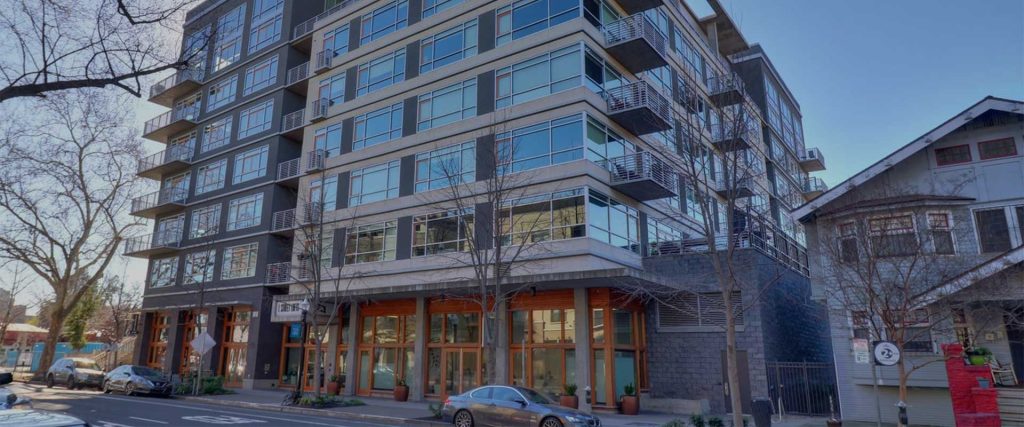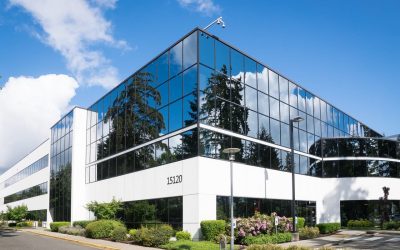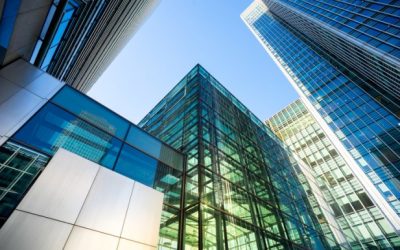Commercial real estate investments can offer investors hassle-free high net yields and healthy capital growth potential. When purchasing a commercial property, it is critical to do your research and ensure that the property is a good investment and will fulfill your requirements. However, if you want to buy a commercial property, make sure you understand all of the legal implications. Consulting legal experts, as well as a well-known commercial real estate agent, will help you ensure you’ve made the right decision. They will advise you on all legal issues concerning commercial property contracts and much more. Aside from working with a reputable agent, there are a few other important factors to consider. To ensure the security of your commercial property investment, ask the seller the following questions:
Why is the commercial property being offered for sale?
You should consider the reasons for selling a commercial property. Why is the owner or institute trying to sell commercial property? As a general rule, research all of the legal liabilities and insurance coverage of the commercial property you intend to purchase. Not to mention that the transfer of ownership includes the transfer of all liabilities, issues, and needs associated with the commercial property to the new owner.
How Much Is the Land Worth?
Aside from the commercial property being enticing and meeting all of your requirements, it would be beneficial to consider the underlying land value. While most people believe that the value of a building increases over time, this is not the case. Any structure loses value after it is completed. The underlying land increases the value of the property. When investing in commercial real estate, you must consult with a valuer to determine whether the underlying land will retain or increase in value.
Who are the property’s current tenants?
The type of commercial property will determine whether or not the building currently has tenants. To assess the risks, investors will need information about the current tenants and the terms of their leases. A rent roll, tenant credit file, and payment history should be requested by buyers. The rent roll will contain information about the tenant, such as how much rent they pay, whether they pay regular expenses, and the lease terms. You can identify which potential tenants you should contact by reviewing their credit and payment history.
Where can visitors park?
Parking is an essential feature for commercial properties. Is there on-site parking, or will your employees and visitors have to look for parking elsewhere? If so, what are the rates at those parking lots, and will that cost be factored into your overall moving costs? If on-site parking is available, it is critical to understand who the other building tenants are and how many parking spaces they currently occupy. You don’t want an employee or visitor to be upset by a parking situation! Before selecting your new commercial property, it is vital to be aware of all potential options.
Is the property developer reliable?
Your property may be in a good location, but if the developer cannot be trusted in terms of experience, you may not see good returns. As previously stated, the commercial property business is booming, and every investor is considering investing in it, which has resulted in an increase in the number of unqualified developers operating today. When evaluating whether a property developer is trustworthy, you must take precautions. Make sure that the developer you’re working with has a track record of providing high-quality services in projects similar to the one you’re pursuing.
Read Also: Questions Every Real Estate Investor Should Ask to Assess the Risk of a Property
How is the HVAC system performing?
HVAC repairs can be extremely expensive, so having the most up-to-date information on them is important. You should inquire not only about its condition, but also whether your rent includes HVAC for the entire building as well as your space. Is the system operational after hours? Is it more expensive to operate after hours? It is also important to understand how frequently the HVAC system is serviced and, if a failure occurs, who is responsible for replacing it. Can the system be rebalanced if you decide to reconfigure your office? All of these questions influence the comfort of your employees and visitors.
What are the legal implications?
Most importantly, you must evaluate the legal requirements and zoning processes of the commercial property you intend to purchase. Assume you want to open a retail shop after purchasing the commercial property. However, the zoning does not allow for any other use of the property than an office. In this case, you must look for other options.
These are the most important questions to ask a seller before purchasing a commercial property. Having the answers to these questions will help you determine whether or not your investment is suitable for you. You’ll also learn whether the investment is safe and profitable in the long run. Finally, always work with commercial property experts and legal counsel to help you make the best decisions.






